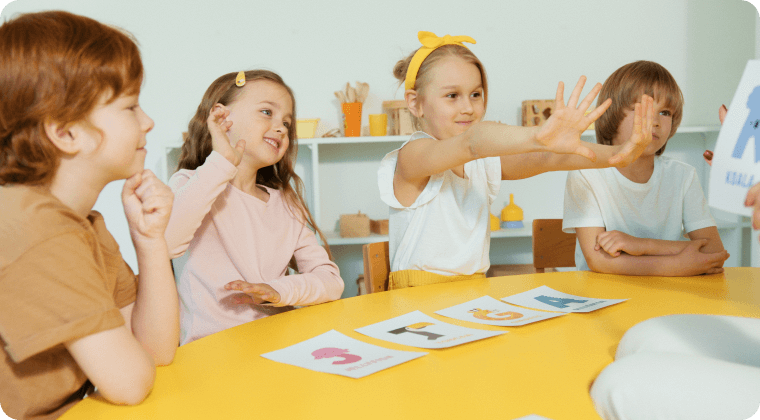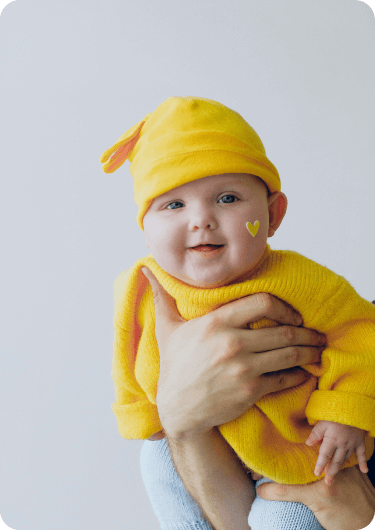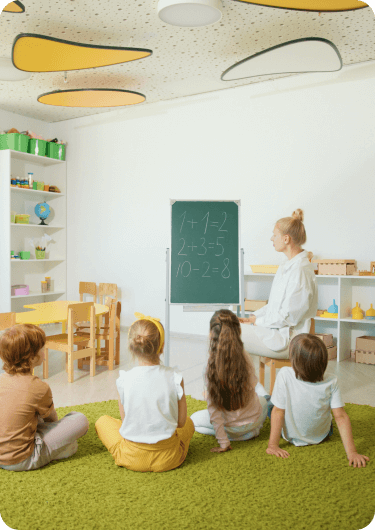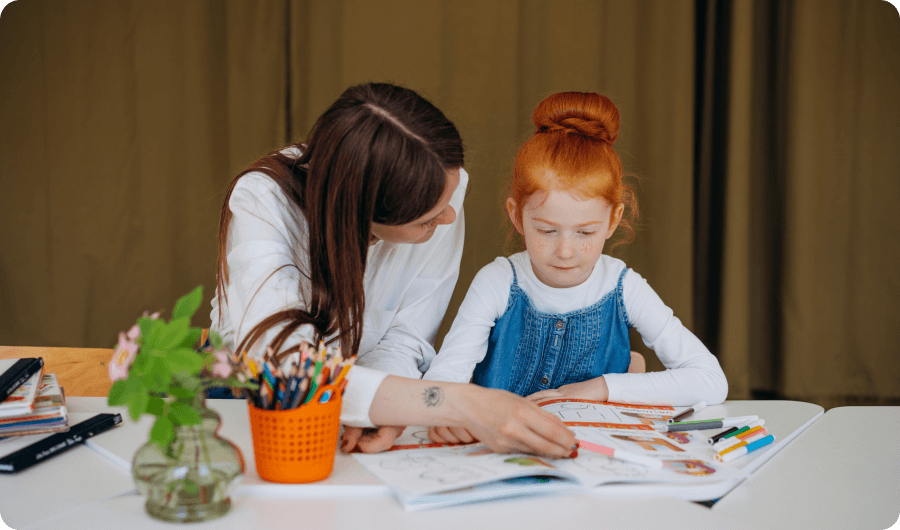Let me tell you that our classes are more than just lessons. It’s a fast-paced, skill-filled time of day that covers just about every area of content we explore.
The decline of free and unstructured play in children’s lives is a concerning issue that has been brought on by various factors such as the growing influence of technology, early academic pressures, and a shift towards organized extracurricular activities.
Unfortunately, these trends have been linked to a rise in emotional health issues like anxiety, restlessness, and challenging behaviors in young children. This is because unstructured play helps children develop their emotional problem-solving skills and psychological resilience. When children feel secure in their minds and bodies, they can play, grow, and recover, which are all vital components of healthy mental and physical development.

Play is an excellent exercise for children’s bodies and minds, as it allows them to explore uncertainty and fear in a safe environment, gaining mastery over their emotions and experiences. For instance, Peekaboo is a simple game that babies find irresistible because it exposes them to a manageable amount of fear while still providing relational security. The resulting rush of relief and joy during the “Here I am!” moment helps the child learn to manage their early bodily states of fear.
Why is free and spontaneous play so important?


All children need ample time to engage in unstructured play, allowing them to create, imagine, and move at their leisure. It is essential to follow a child’s lead during playtime as it provides a window into their developing mind, helping parents and caregivers understand how to address their fears and concerns. Furthermore, having loving adults nearby to join in the play when invited can further enhance a child’s emotional and psychological growth.
Search My Blog for More Info


